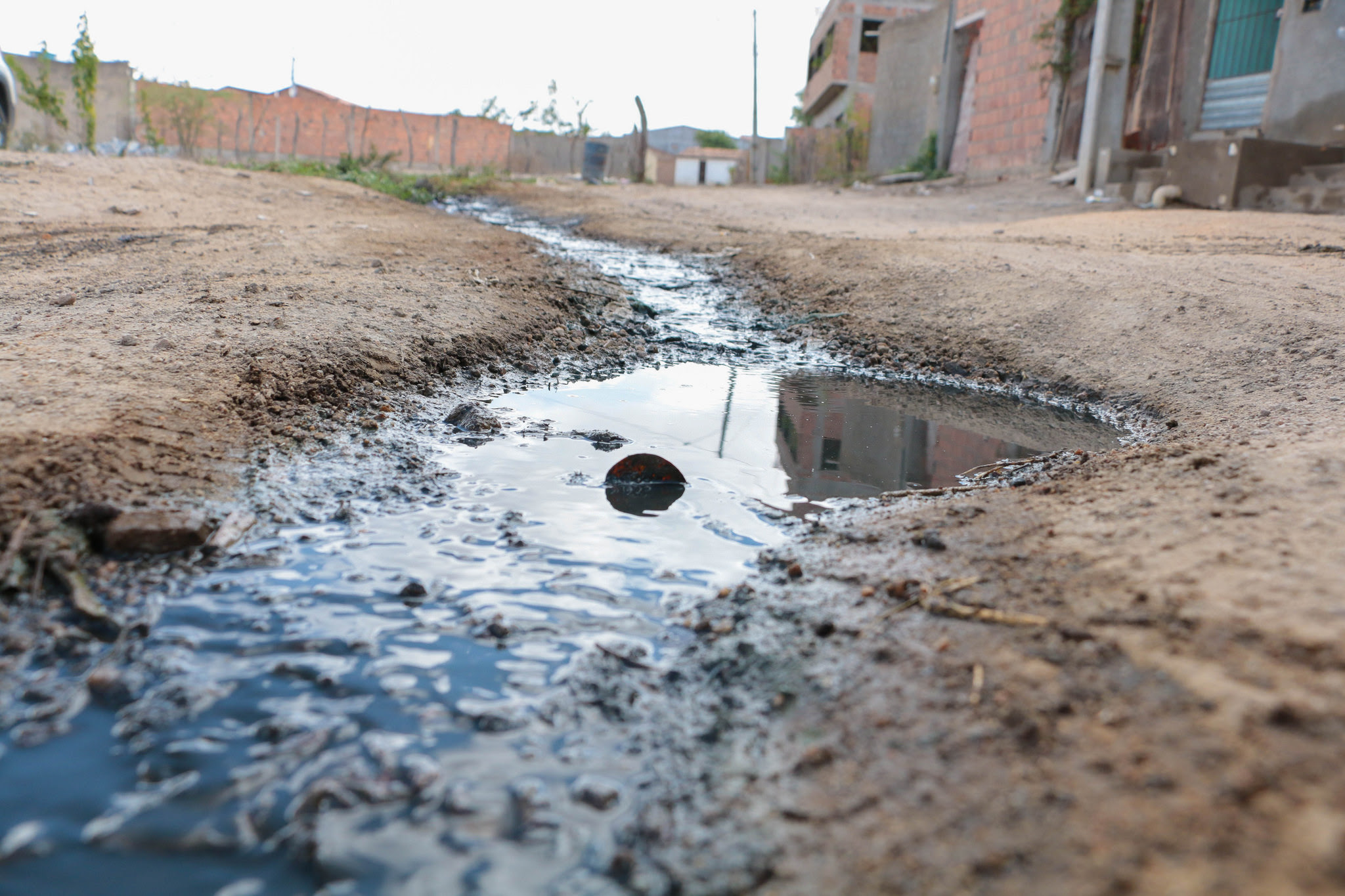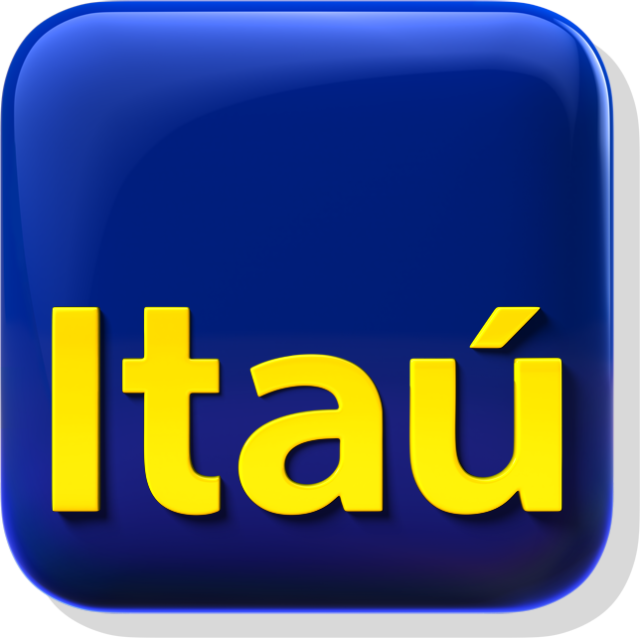The universal management of drinking water and sanitation is essential to reduce the risks of coronavirus
Washing hands, one of the main measures to prevent the spread of coronavirus, is not available to many Brazilian families. This is because, although essential to life, the access to potable water is still not a guaranteed right for everyone. In addition to that, there is a shortage of basic sanitation services such as sewage, urban cleaning, waste management and drainage of urban rainwater, issues faced mainly by populations in developing countries and / or residents of irregular urban areas.

According to Trata Brazil data, 35 million Brazilians live without potable water and almost 100 million have no access to sewage collection. Studies in China and Singapore point out, for example, that sewage can be a contagious route for CODIV-19, making public policies aimed at sanitation even more urgent nowadays.
The challenge we have in our hands is alarming: data released by the UN suggests that if we want to serve the entire planet with clean water and sanitation by 2030, we must double our efforts, starting now. This means that, in practice, we have ten years to reach the sixth of the 17 Sustainable Development Goals, the SDG 6 – Clean water and sanitation. With the mission of “making water and sanitation services available to all in a sustainable way”, the objective is included in the 2030 Agenda for Sustainable Development, a global action plan developed by the UN to guarantee the well-being of people, cities and the planet until the next decade.
But how can we, after all, achieve this goal? To transform this scenario, it is the duty of municipal governments to improve the quality of water and basic sanitation for their population, either through environmental protection measures or through the sustainable management of its resources. Knowing this, Bright Cities offers with its platform an easy and quick way for public managers to diagnose the efficiency of urban services and to find the best solutions to solve them.
Based on the collection, analysis and comparison of the data obtained with these indicators, our diagnosis identifies the main challenges and creates, for each city, a personalized roadmap. In it, we point out a series of smart solutions to solve urban problems, with respective costs, deadlines and supplier indications – our platform has a database of more than 1000 smart solutions for smart cities, the largest in the world!
This is the case of Bueiro Inteligente, already adopted by São Paulo. Based on sensors installed in manholes, the technology allows preventive action in the cleaning of ditches before rains, avoiding overflows. The signal emitted by the sensor indicates when the manhole reaches 70% of its capacity, and promises to reduce operational cleaning costs by up to 51%. In addition, the manholes have a biological larvicide approved by Anvisa, which substantially reduces the proliferation of Aedes Aegypti.
Another smart solution included in our database is Treeparker, aimed at urban tree planting. The initiative create solutions for stormwater runoff management start with trees. With the unlimited expansion for the growth of their roots, the technology allows rainwater runoff at the source, rather than let it run in the sewers.
Because we analyze solutions already implemented and with successful impacts in other cities, the initiatives included in our platform offer concrete actions to face many of the urban challenges related to public sanitation, such as rainwater management. After all, in periods of rain and flooding, urban drainage is essential to avoid accidents and ensure the well-being of the population.
Want to know more smart initiatives that can help your city fight the coronavirus? Bright Cities mapped its database of intelligent solutions, with more than 1,000 registered ideas, and made them available online to be easily known by mayors and public managers. To get to know them, access our database of intelligent solutions and type “CORONAVIRUS” in the search field.




